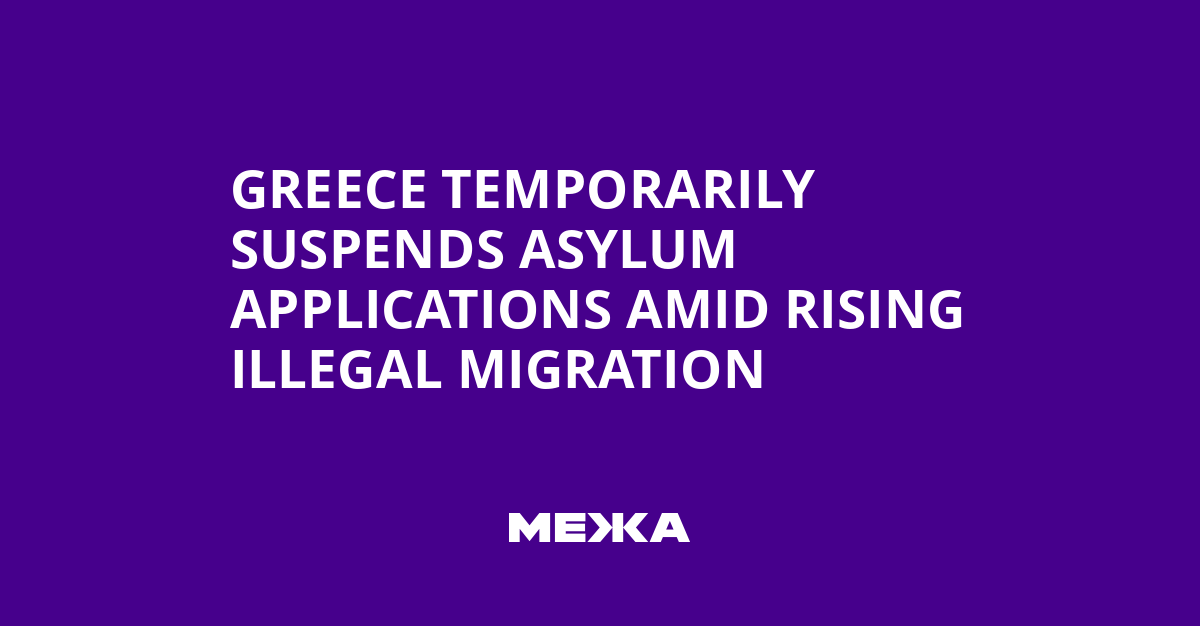Greek Prime Minister Kyriakos Mitsotakis announced a temporary suspension of asylum applications for migrants arriving by sea. This decision was made in response to a sharp increase in illegal migration, according to Ekathimerini.
The Greek government has decided to halt the processing of applications for three months, which will be formalized in a bill planned to be submitted to parliament on July 10. Mitsotakis emphasized that this is a “necessary, temporary response” to a situation reminiscent of the 2020 migration crisis at the EU border with Turkey.
“Those who enter the country illegally will be arrested and detained.”
– Kyriakos Mitsotakis
The government also plans to establish a closed reception center on the island of Crete for rapid response to the influx of migrants. If necessary, another center may be opened.
Mitsotakis noted that Athens is negotiating with the internationally recognized government of Libya and the authorities in the eastern part of the country. He also added that the Greek armed forces are ready to cooperate with Libyan partners to stop migrant boats before they reach international waters or to return them back.
The Migrant Situation in the European Union
Amid ongoing military conflicts and economic instability, an increasing number of people from the Middle East and African countries are trying to reach Europe. Many attempt to cross EU borders illegally by sea and through neighboring countries. The largest numbers of these seekers of a better life settle in Germany, France, Italy, and Scandinavia.
As a result of Russia’s full-scale invasion of Ukraine, millions of Ukrainians have become refugees in Europe. The EU allocates funds to support them, including education, food, housing, and daily needs.
However, the migration issue has intensified against the backdrop of the war between Israel and Hamas militants. Representatives of EU countries have reached an agreement on reforming migration policy.
According to the agreement, countries such as Italy, which receive a large number of migrants from the Mediterranean, can expedite asylum procedures and request rapid assistance from other EU states, including financial support and resettlement.
Poland and Hungary, which are strongly opposed to accepting migrants from the Middle East and Africa, voted “against” the agreement, while Austria, the Czech Republic, and Slovakia abstained. The decision was passed by a majority vote.
On September 23, German Interior Minister Nancy Faeser announced plans to introduce permanent border controls with Poland and the Czech Republic to stop illegal migration.
On September 6, Slovak Prime Minister Ľudovít Ódor stated that the country will deploy nearly 500 military personnel to assist police in controlling the growing flow of migrants crossing the border from Hungary.
